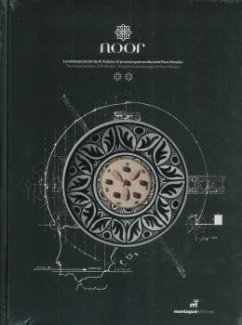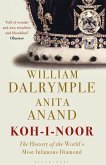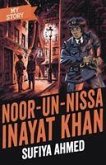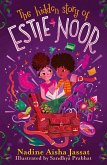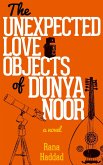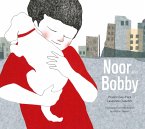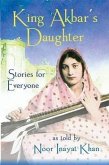An excellent way to celebrate a well-deserved second Michelin star, and a resounding endorsement from both the critics and the public, is to put the reasons for this success in black on white. This is what the brilliant chef Paco Morales has done. His first book, in which he uncovers the secrets of NOOR - a gastrocultural project that, far beyond its status as a restaurant, delves into the culinary traditions of al-Andalus - has been published by Montagud Editores. Over 320 pages, the book not only brings together 65 recipes that recreate Hispano-Muslim cuisine from a rabidly contemporary perspective... It also presents a detailed historical contextualisation of what and how people ate at the time, as well as dozens of indispensable techniques photographed step by step.On 17 March 2016, Paco Morales 'lifted the shutter' on NOOR Restaurant with several objectives in mind. One of them was to build a gastrocultural project that, service by service, would reinterpret and pay homage to a crucial period in the history of Spain: the Andalusian era. Another was to turn his native Cordoba into a must-visit place for seasoned gastronomes, inquisitive gourmets and lovers of good food. All with the utmost excellence as the omnipresent watchword. In less than four years, it has more than achieved it. This is practically unanimously endorsed by both his customers and the gastronomic critics. "He has been able to create a cuisine, something that is within the reach of very few. A personal, personal line, different from anything known, in which he combines avant-garde and tradition in equal parts", says Carlos Maribona, gastronomic journalist of the ABC newspaper. His are "contemporary recipes in which he demonstrates his talent for combining flavour, creativity and aesthetics. In his work, which is very personal, he is both rigorous and transgressive at the same time", says José Carlos Capel, food critic for El País. The inspectors of the Michelin Guide have joined in: in little more than three years, they have awarded the establishment two stars, recognising its "journey to the historic al-Andalus from 21st century gastronomic concepts". The chef, rigorous and perfectionist like few others, celebrates this success as it deserves: by setting down his reasons in black on white under the editorial direction of Jãvi Antoja de la Rosa. And he does so in a large-format work of 320 pages. It presents 314 preparations, 75 of them photographed step by step, in which recipes are rescued and reinterpreted, attention is drawn to ingredients that are distant only in appearance and craftsmanship is restored to that predominant position in haute cuisine that it should never have lost. All this, with 140 images signed by Mikel Ponce and the historical advice of Rosa Tovar and Lúa Monasterio. The 65 recipes that bring together these processes are accompanied by an exhaustive analysis by Paco Morales himself. In it, he shows that they are the result of a conscientious work of recovery, on the one hand, and updating in a contemporary key, on the other, of what and how people ate in al-Andalus in the 10th century, with the splendorous Caliphate of Cordoba; 11th century, with its fragmentation into the Kingdoms of Taifas; and 12th and 13th centuries, with the hegemony of the Almoravid and Almohad empires. In this way, and in addition to a didactic glossary, the work includes a detailed historical and culinary contextualisation of what arrived in the pantries, what was forged in the kitchens and what was served on the tables of the great houses of the time. It is completed with the cultural and spiritual notions that are indispensable for the reader to be able to delve deeper into everything that was going on around Hispano-Muslim gastronomy.However, Jãvi Antoja de la Rosa, director of the work and of the century-old gastronomic publishing house, is not wrong when he says that "this book is a publishing boast that aims to be on a par with the Cordovan chef". Nor when he poses a question that has little rhetoric in it: "Montagud Editores and NOOR, hand in hand. What could go wrong?
Hinweis: Dieser Artikel kann nur an eine deutsche Lieferadresse ausgeliefert werden.
Hinweis: Dieser Artikel kann nur an eine deutsche Lieferadresse ausgeliefert werden.

